Ayurvedic Consultation & Treatments

Dr. Sonia Malik is a highly committed Ayurvedic practitioner with 20+ years of experience in offering healing and well-being consultations and therapies.
She holds a BAMS degree from Maharishi Dayanand University, Rohtak, and a Panchakarma certificate from the National Ayurvedic Research Institute, Kerala. In addition, she also has a degree in Pharmacy (PGIMER, Rohtak) and a BSc. in Nursing (Rajiv Gandhi University of Health Sciences, Karnataka) and Midwifery.
She draws upon the 5,000-year-old practice of Ayurveda to nurture and support her patients, while providing individualised therapies to help their bodies heal themselves. This healing happens through listening deeply to the patients in order to help them reconnect and transform into a healthy and conscious version of themselves.
Her training and experience in Ayurveda along with her education in pharmacy and nursing enabled her to build an integrative medicine practice. With over two decades of Ayurvedic practice, she’s also known for providing pre-natal and post-natal medical care to promote natural practices and help ease labour pain and pregnancy-related symptoms.
In addition, she has had successful experiences with Panchakarma treatments for migraine, musculoskeletal disorders, and obesity.
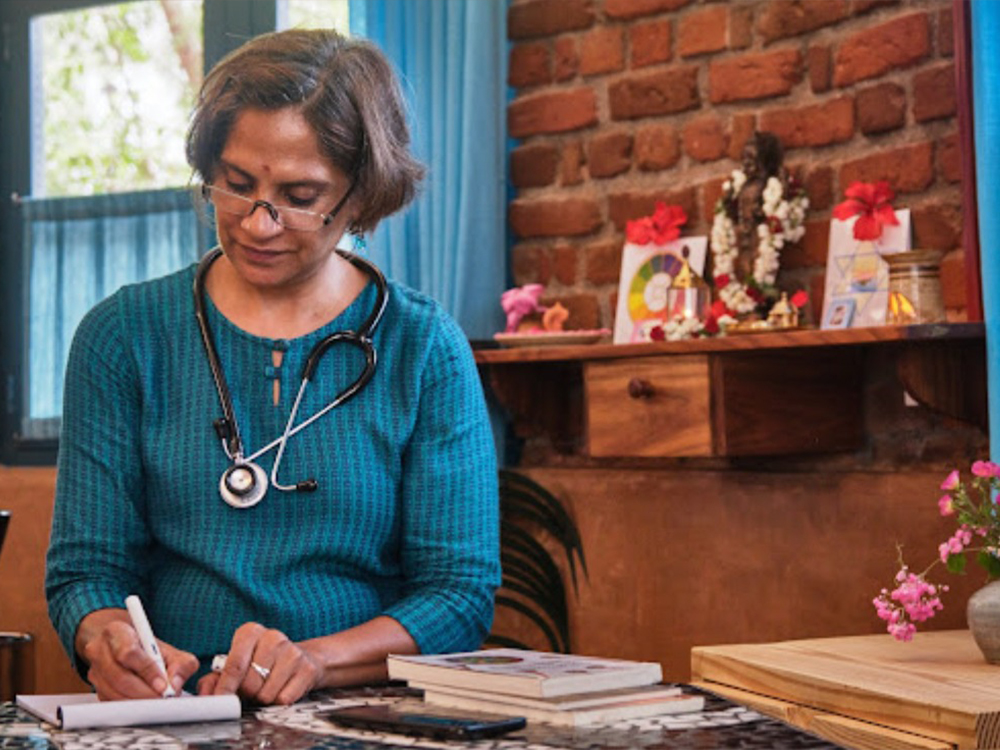
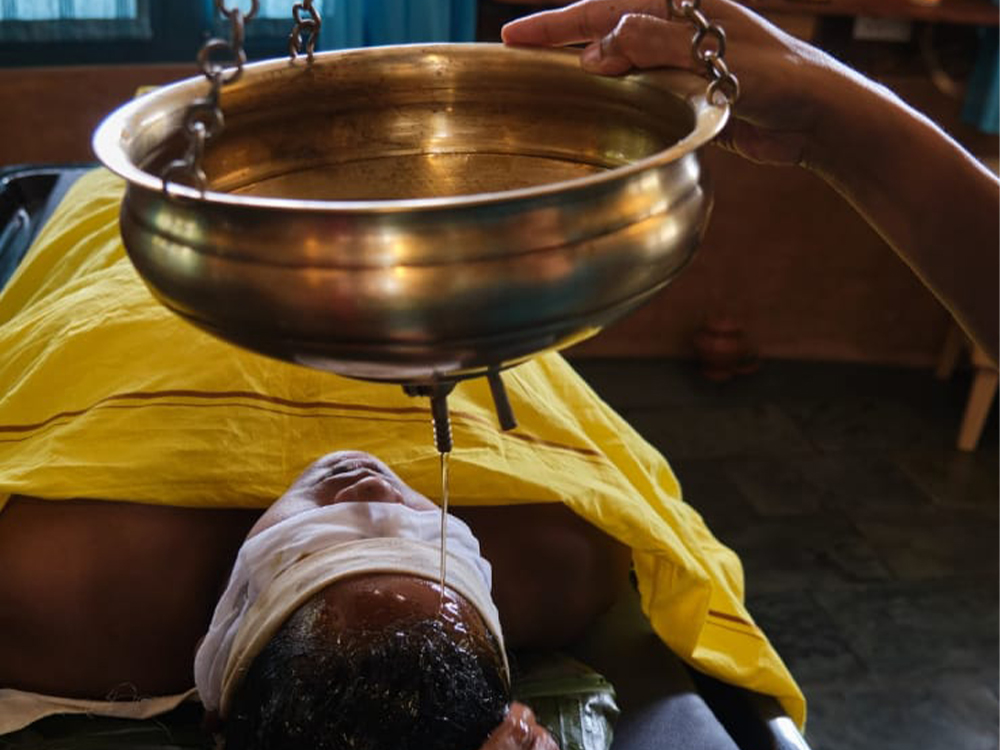
Treatments offered
- Infertility
- Gynaecological problems like PCOD, uterine prolapse, PID etc.
- Thyroid Disorders
- Diabetes Mellitus
- Musculoskeletal Disorders like Arthritis, Avascular Necrosis, Sciatica, IDVP
- Gastrointestinal problems
- Upper and lower respiratory infections
- Migraine
- Obesity
- Skin diseases like Psoriasis, Acne, Eczema, Blemishes
- Anorectal diseases like Piles, Fistula
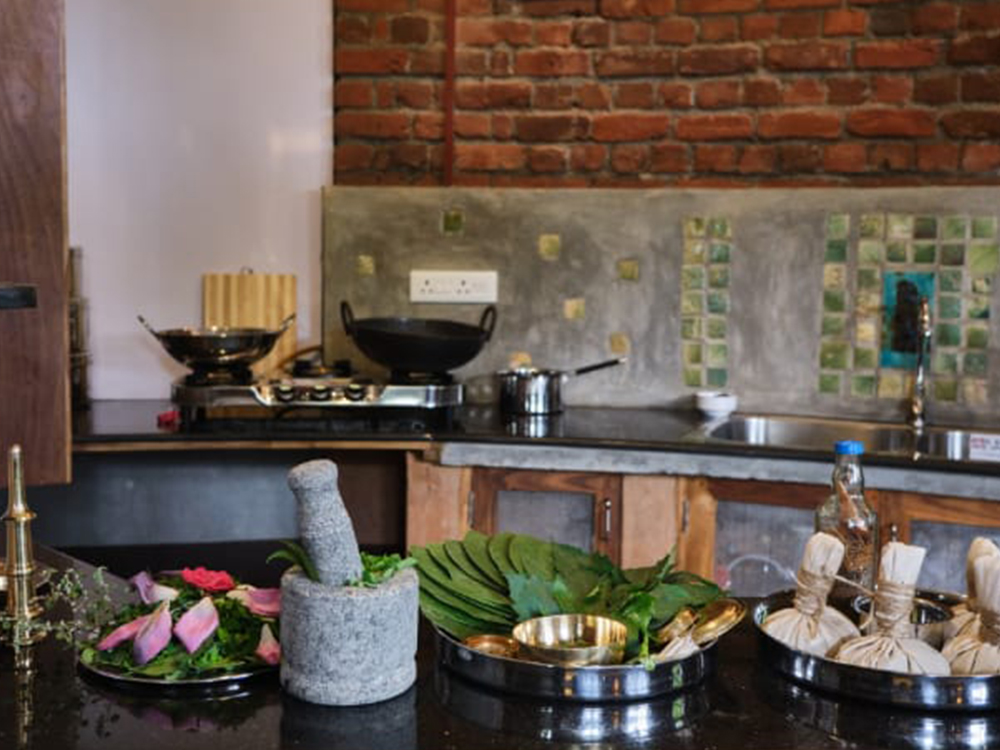
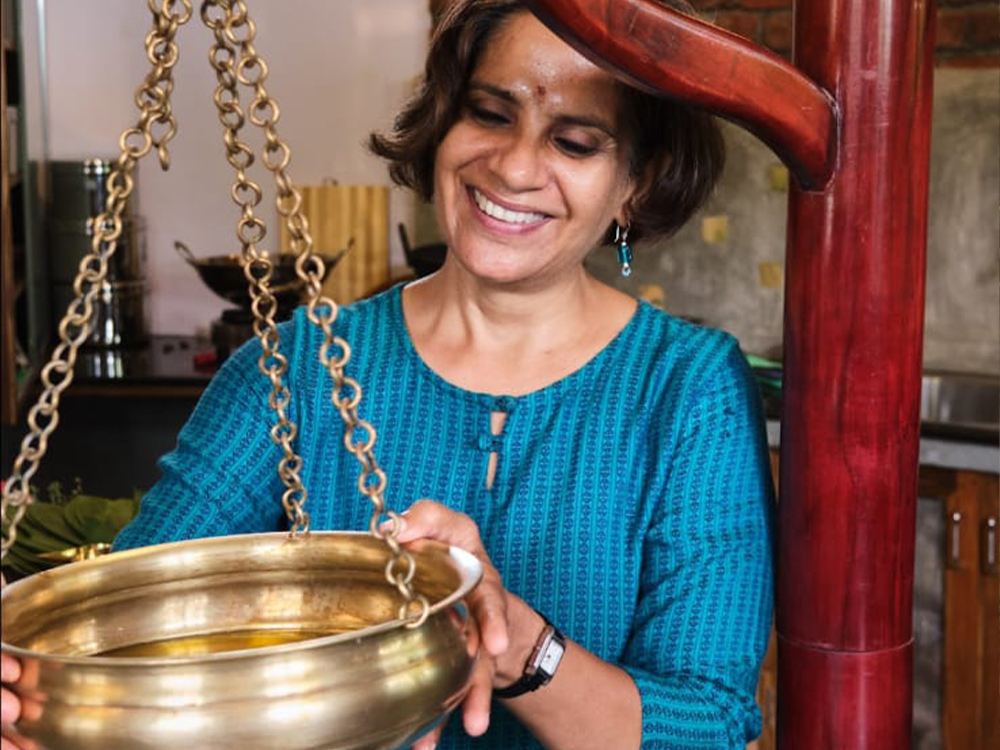
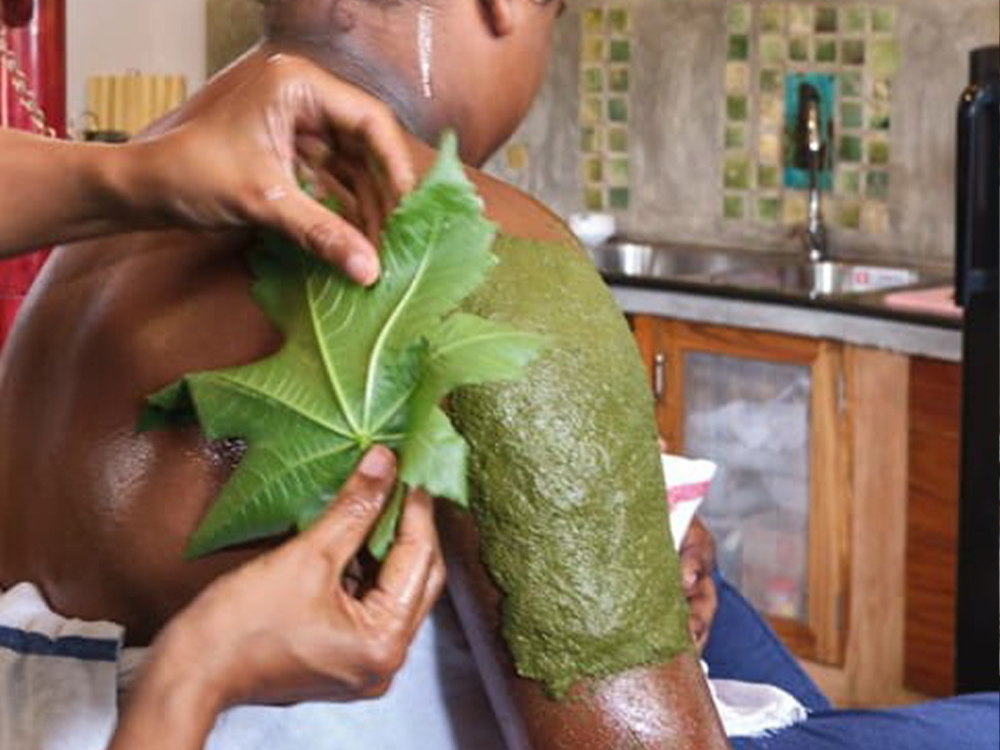
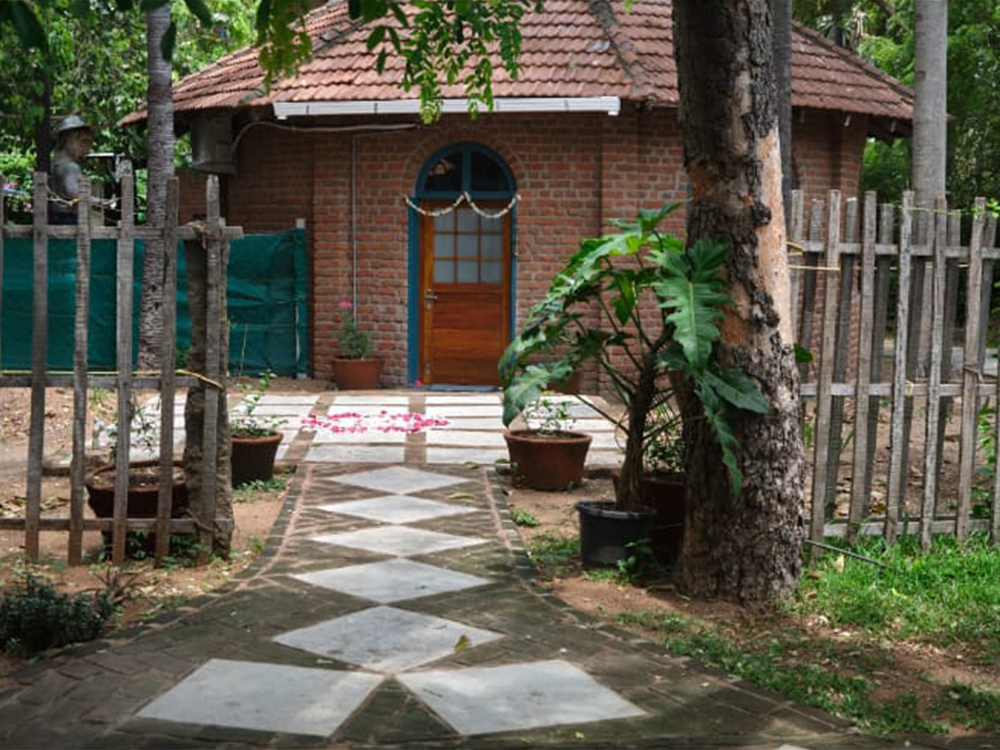
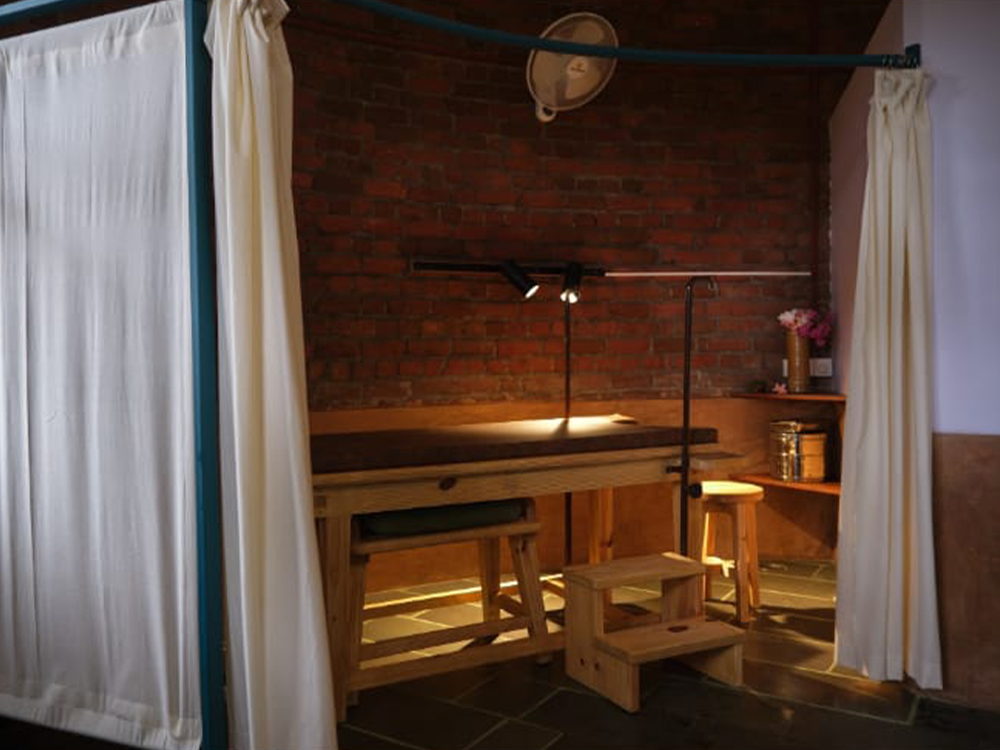
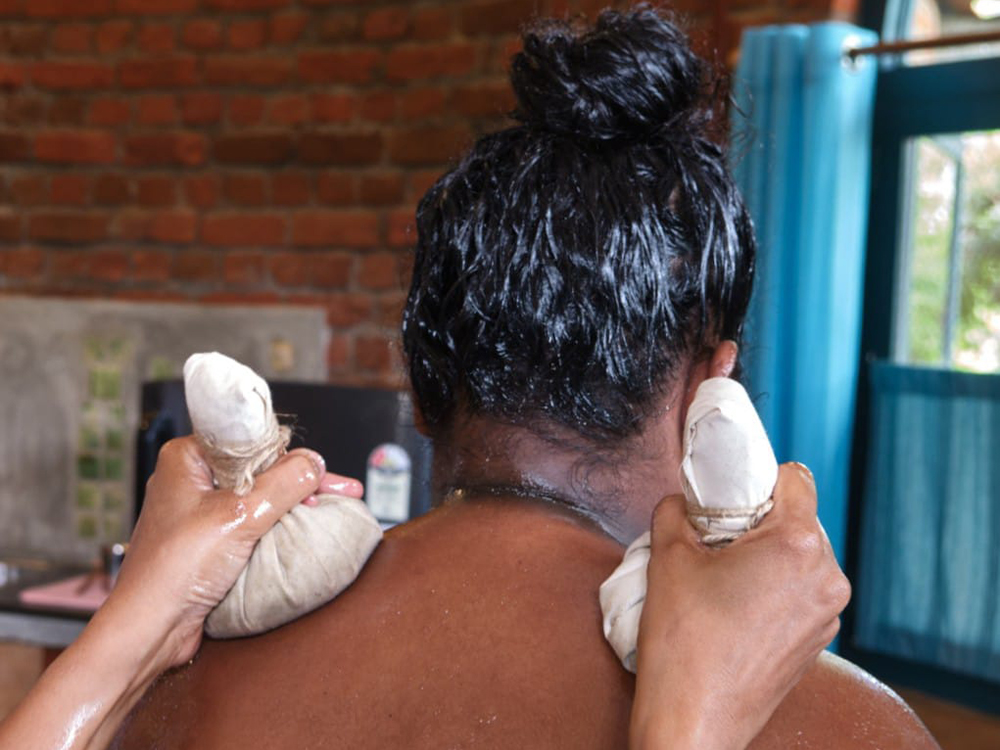
Dr. Sonia Malik offers consultations for diet, self-care practices and restorative nourishment, along with a variety of Ayurvedic treatments.
1. UZICHIL/ABHYANGA
Oil Massage performed on the whole body by one or two persons with suitable classical herbal oils according to the condition and Prakreethi (constitution) of the patient. This treatment helps to increase the peripheral circulation and enhances absorption of the active ingredients in the oil through the blood and lymphatic system. It is also effective in relieving general weakness and tiredness, promoting good sleep, improving blood circulation, and supporting digestion and appetite, while preventing dryness and adding lustre to the skin.
This massage is an important prerequisite for almost all Panchakarma procedures.
2. ELAKIZI-BUNDLE/POTTLI MASSAGE
This massage is done with bundles or cloth bags filled with fresh herbal leaves and herbal powder etc., according to the nature of the disease. This treatment lasts 45 minutes and is very effective for all types of bone and joint diseases, inflammatory arthritis, paralysis of body packs, diseases of the lower spine and back etc.
3. SHIRODHARA
During this treatment a selection of particular medicine oils, based upon the condition of the patient, is poured in a rhythmic flow on the forehead, after which a gentle massage is given to the whole body. This procedure is very effective and strongly prescribed for all nervous disorders, strokes, facial paralysis, degenerative diseases of the sense organs and cranial nerves; for good sleep, deep relaxation etc. Sometimes, Keheera (medicated milk) or buttermilk and medicated herbs are used instead of oils for certain types of conditions.
4. UTTAR BASTI
This is a gynaecological procedure for (mostly) infertility treatments like tubal blockage, strengthening of uterus etc. given before conception as a prerequisite for preparing the womb for pregnancy and promoting an easy natural birth process.
5. UDWARTHANAM
This powder treatment with dry herbal oils is performed with massage strokes from the limbs towards heart for promoting a better lymphatic drainage and thereby reducing water collection in the body. Mainly prescribed to clean the skin and reduce the amount of fat under the skin, this massage can also be applied in the early stages of nervous and muscular diseases in case of inflammatory joint issues etc.
6. NAVARA KIZHI or SHASHTIKA PINDA SWEDAM
A treatment with cotton bags filled with cooked Navara Rice, a special type of rice with medical properties. The rice is cooked in a mixture of herbal decoction prepared in milk with different types of herbs. A very nourishing treatment, which improves blood and lymphatic circulation and is effective in case of numbness, muscle waste, nervous degeneration, strokes, etc.
7. VAGINAL DOUCHES and gynaecological treatments by performing herbal washes, applying herbal pastes, or herbal fumigation in different diseases like PID, Leucorrhoea, Vaginitis, Cervicitis etc.

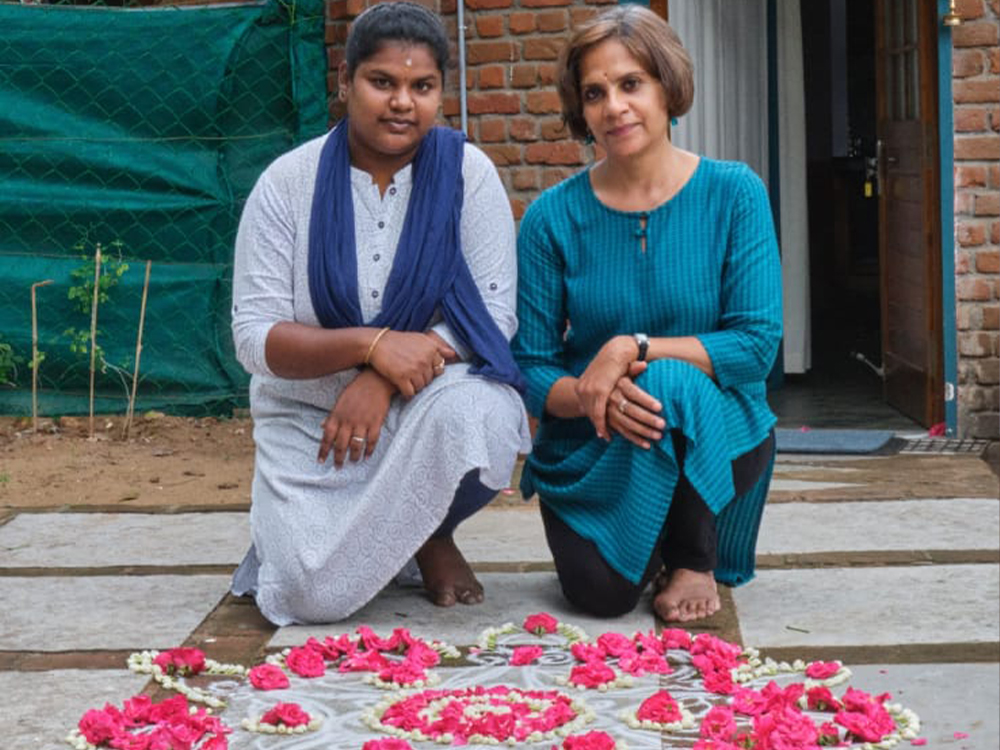

LOCAL TREATMENTS
1. Thalopothichil: a method of head packing in which hair and scalp will be covered for 45 minutes with suitable herbal paste depending on your condition.
2. KateeVasthy: a localised treatment in which warm medicated oil is kept on the affected part inside and a boundary is made with thick herbal paste; this is mostly done on the back, knee, neck, shoulder etc. to relieve inflammation, pain and stiffness. Very effective in degenerative conditions, restricted joint movements, osteopenia etc.
3. Avagaham: a method of sweating in which the patient is seated in a tub filled with a hot/warm herbal decoction, made according to your condition such as lower back pain, diseases of urogenital symptom, pelvic inflammatory disease etc.
4. Thalam: an application of small quantities of oil/paste in the middle of the head to stimulate peripheral nerves in conditions like insomnia, high blood pressure, stroke, facial paralysis, cervical spondylosis,stress and mental disorder, etc.
5. Lepanam: a suitable herbal paste is applied on the affected body part; sometimes a special paste is prepared for conditions like trauma and ligament rupture and is tied with special type of leaves with healing properties, called Upnasham.
6. Pichu: done by soaking a piece of cloth or cotton in specific liquid or oils, herbal juices, decoction etc.
All therapies require consultation before treatment!
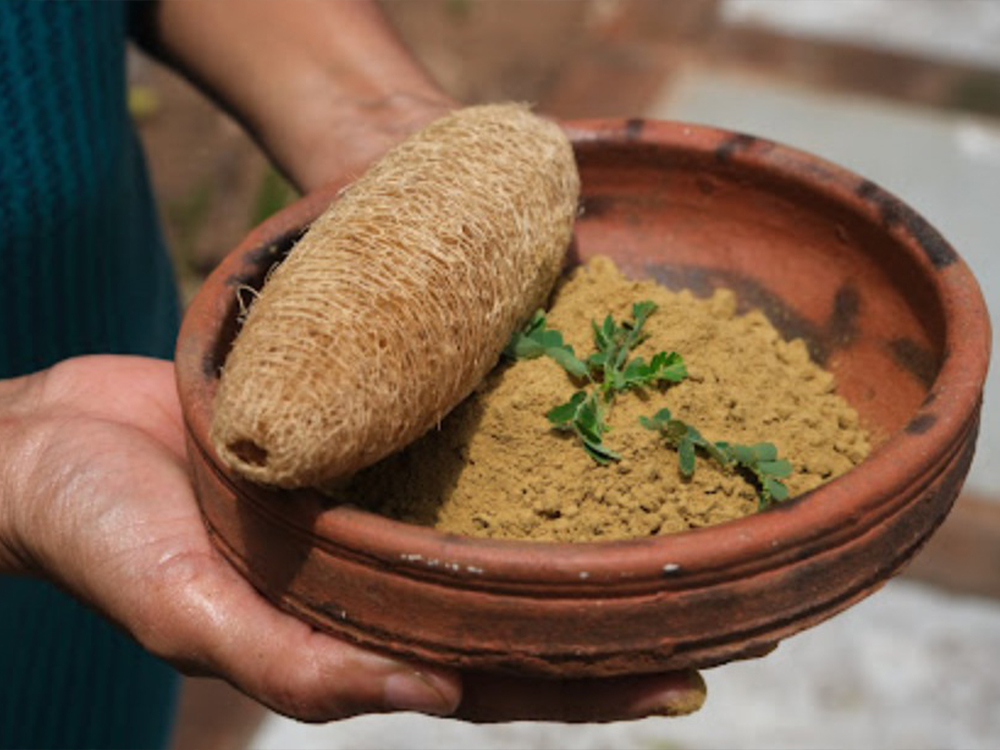
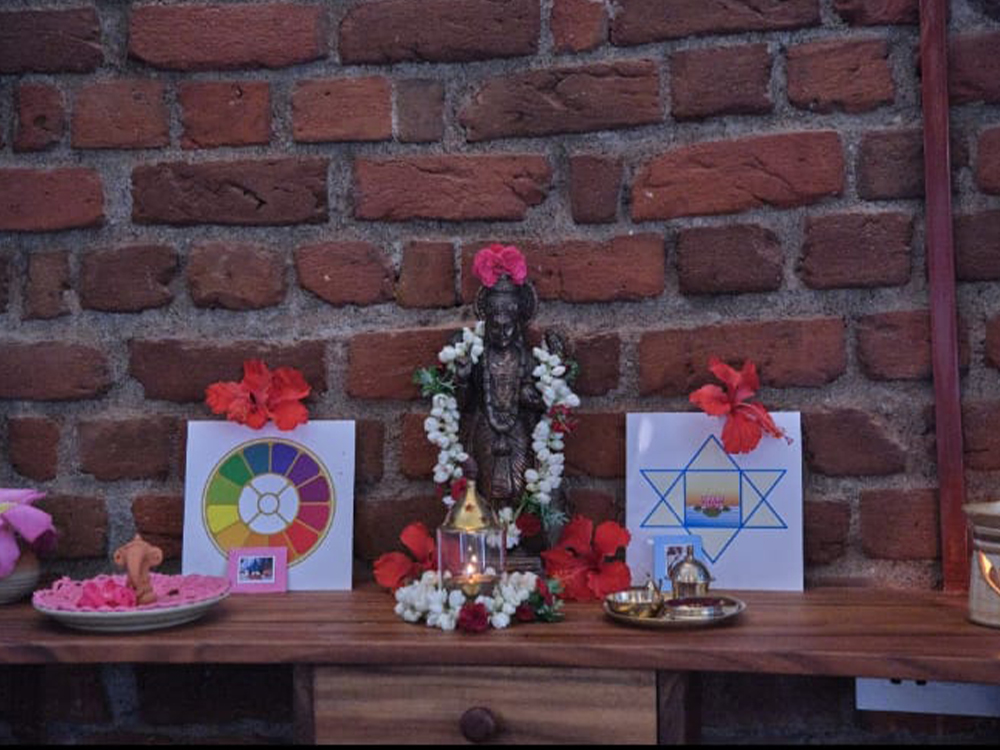
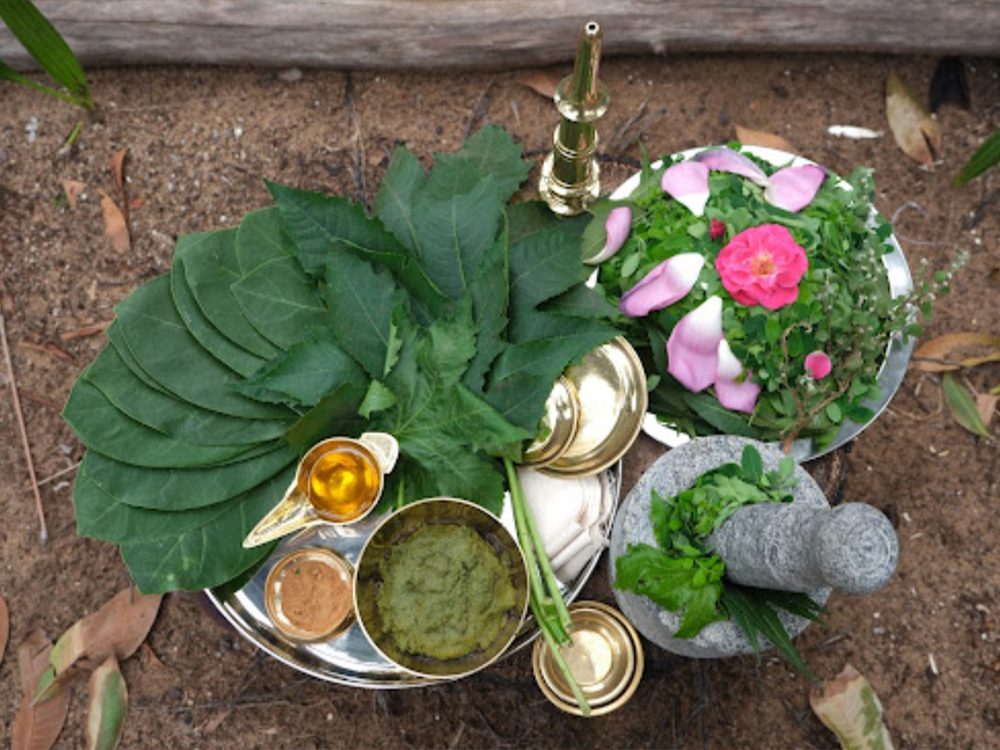

Ayurveda & Importance of Panchakarma
Definition of Health
According to Ayurveda, health is a state of homeostasis of the body, Doshas (energies), Agni (digestive & metabolic fire), Dhatus (body tissues and systems) and removal of waste products and toxins thoroughly. It is a state of happiness/cheerfulness of Atma (soul), Indriyas (sense organs) and Manas (emotion and thought processes).
Objectives of Ayurveda
1. Swasthasya Swasthya Rakshanam
2. Athurasya Vikar Prashmannam
Swasthasya Swasthya Rakshanam for maintenance of health
People who are healthy can maintain their health through daily routine protocols, “dinacharya” – daily regime, in which everyday routine from waking up, doing morning routine of “Nature’s Call”, oil pulling, dantha dhavan, abhyanga (applying oil in the body), yoga and meditation, bathing, taking food in correct way according to body type, rectifying thought processes through mantra chanting and spirituality practices, etc… as explained by Dr. Sonia in detail according to the specific needs of the individual.
Athurasya Vikar Prashmannam for helping/controlling disease conditions. People who are suffering and unhealthy can be cured from diseases using two types of Ayurvedic treatments:
a) Shaman chiktisha (balancing doshas). Selecting appropriate classical oral and local formulations.
b) Shodhana chiktisha (purification), which is basically “Panchakarma”. It plays a vital role in providing fast relief by expelling out the toxins from the body / mind through five means of therapeutic actions. Dr. Sonia selects Panchakarma therapies based on individual factors, such as your Ayurvedic constitutional type, doshic imbalances, age, digestive strength and overall health requirements. She will select from these 5 therapeutic actions:
I. Vamanam (therapeutic emesis): induce vomiting to eliminate toxins from the upper gastrointestinal tract.
II. Virechanam (purgation): the use of purgative herbs or substances to induce vowel movements and cleanse the middle/lower gastrointestinal tract.
III. Basti (medicated enema): introduction of herbal decoctions or oils into the rectum to eliminate toxins from the colon.
IV. Nasya (nasal medication): administering herbal oils or powders through the nasal passages to cleanse and rejuvenate the head and neck region.
V. Rakta mokshan (blood letting): a specialized procedure involving controlled removal of a small amount of blood to eliminate toxins from the circulatory system.
Panchakarma as explained above is done in three phases:
Phase 1 – Poorva Karma: the initial phase focuses on dislodging toxins from their respective locations within the body and bringing them to the gastrointestinal tract. This is achieved through the administration of fats, such as oils or ghee processed in herbs, externally or internally. Heat therapy is also applied to facilitate the movement of toxins.
Phase 2 – Pradhana Karma (Panchakarmas as explained above). During this phase, the accumulated toxins are expelled from the body.
Phase 3 – Pashchath Karma: the final phase aims to restore the body to its normal condition and rejuvenate it. It involves gradually transitioning from a restricted diet and mild activities to a regular routine. Post treatment care is vital in maintaining the benefits of Panchakarma and safeguarding the individual’s immunity.

Prices
- First Consultation (1 hour): ₹ 2,000
- Follow-up Consultation (½ h) within 2 weeks: ₹ 1,000
- Follow-up Consultation & Treatment: ₹ 2,750
Subscribe to our newsletter
You can be always up to date with our Holistic Center news!

